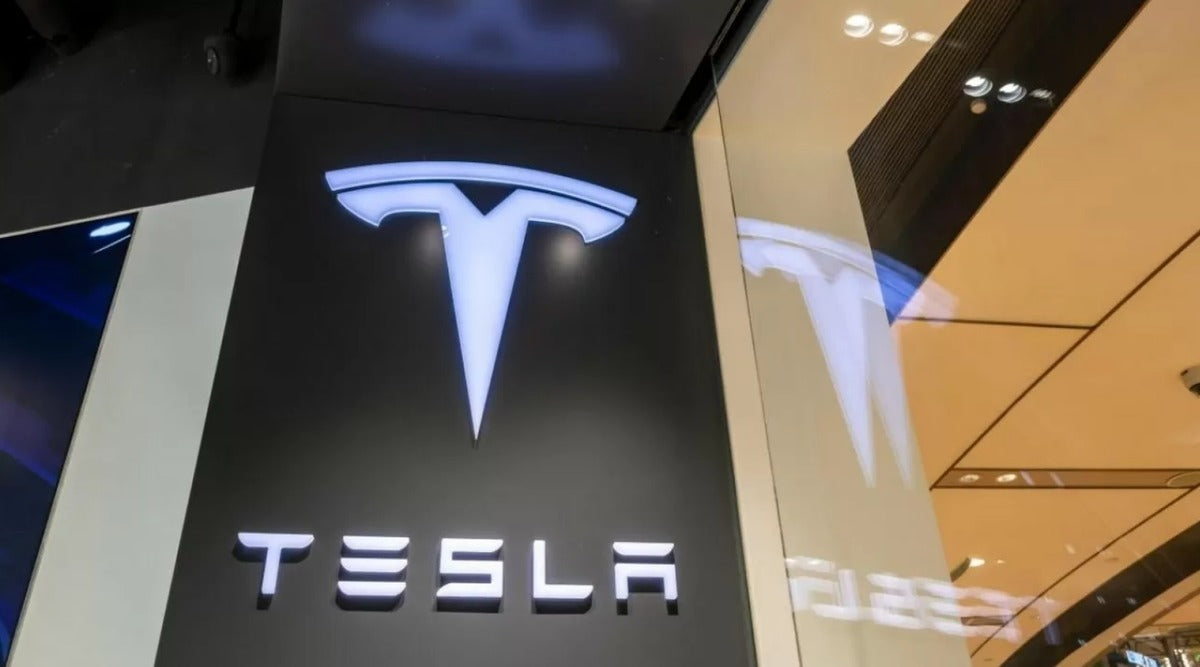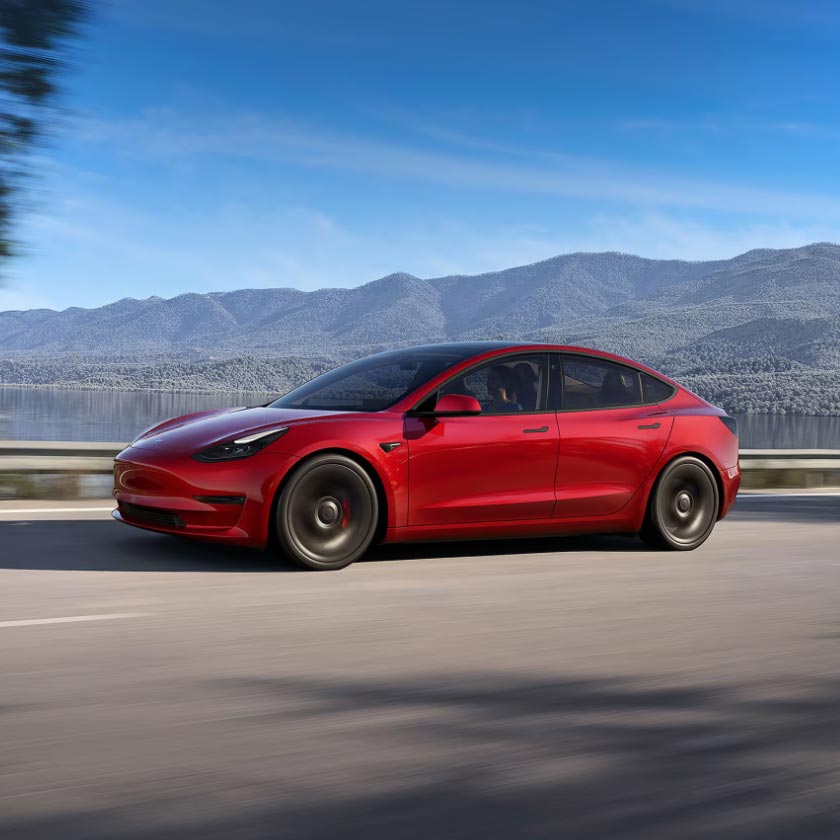Image: Chris Ratcliffe/Bloomberg via Getty Images
Elon Musk is requesting documents from Twitter partner firms, which were supposed to provide independent reporting on the context in which ads appear on the platform. Independent firms are required to have access to information on the number of spam/bot accounts on Twitter.
Twitter positions itself as a platform for “the public conversation” where they “are committed to creating a healthy environment where everyone, including advertisers, can participate and engage safely.” But, many active Twitter users do not feel safe as the number of bots on the platform continues to grow, destroying the pleasant experience of communication. Over the years, Twitter has claimed in its filings with the US Securities and Exchange Commission (SEC) that the number of spam/bot accounts on the platform was less than 5%, but the reality seems to be different.
It is precisely that there is a clear feeling that there are many more spam/bot accounts on Twitter, and the platform’s complete refusal to somehow confirm the reality of their claims, led to Elon Musk, who had previously made an offer to buy it, refusing the deal. However, Twitter is keen to continue its game of hiding the truth, forcing Musk to finish the transaction, and suing the potential buyer.
Musk's team has filed a counterclaim, and the parties are now trying to get as much useful information as possible to present in the trial, which will begin on October 17 and last one week.
Musk's lawyers want documents from ad tech firms DoubleVerify and Integral Ad Science that partner with Twitter, according to documents filed in a Delaware court on Thursday. According to Twitter, they have partnered with “DoubleVerify (DV) and Integral Ad Science (IAS) to be Twitter's preferred partners for providing independent reporting on the context in which ads appear on Twitter.” The bottom line was that these firms' reports were supposed to “give advertisers a better understanding of the types of content that appear adjacent to their ads, helping them make informed decisions to reach their marketing goals.”
Cybersecurity-focused data analyst Andrea Stroppa noted that neither DV nor IAS has publicly available reports that would reveal their work, or explain the methodology by which they work. However, their activity obviously needs to include information that indicates the actual number of Twitter spam/bot accounts, as this is one of the main metrics they need to measure to ensure advertisers that their ads are being viewed by real users and not bots.
The only relevant document I found is a blog post on the Twitter site (https://t.co/YWJfjFxqfo)
— Andrea Stroppa (@Andst7) August 18, 2022
So basically, some companies do audits for Twitter to verify ads on the platform, but...where are these audits? How work these audits? pic.twitter.com/avLamyuTV9
© 2022, Eva Fox | Tesmanian. All rights reserved.
_____________________________
We appreciate your readership! Please share your thoughts in the comment section below.
Article edited by @SmokeyShorts; follow him on Twitter









